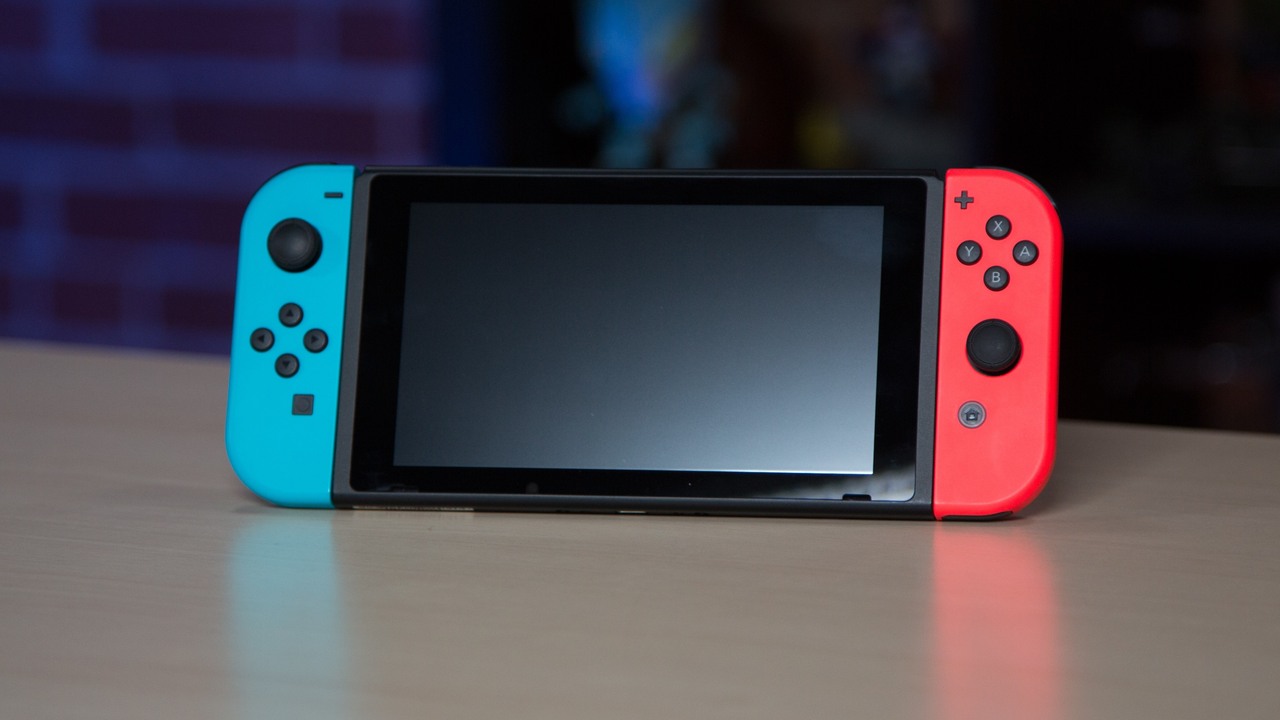Four months after release, the Nintendo Switch is currently doing surprisingly well. Its launch day title, The Legend of Zelda: Breath of the Wild, has cemented itself as one of the highest rated games of all time, and a plethora of indie developers have set their sights on porting games (like Rocket League) over to the console.
Despite this, the Nintendo Switch still suffers from a few base flaws including storage, performance, and available content. While the eShop is slowly expanding to include new titles (and ports of older games), the Nintendo Switch still brings up the rear in comparison to other current gen consoles.
So, what if there was a better way to game on the go?

That’s one of the questions Chase Cobb asked himself as he constructed his very own handheld gaming device. On YouTube, Chase uploaded two different videos showing his device, Project Scout, in action. The end result is actually pretty impressive not just because of all the work Chase put in, but because of the raw potential Project Scout has. In fact, we believe it already has the ability to act as a direct rival to the Nintendo Switch.
Granted, Chase didn’t set out to create Project Scout to compete with the Nintendo Switch. Instead, he built it the way many indie developers build games… because it’s something they want to play. In the first video, Chase describes some of the objectives he had in mind while building Project Scout:
“First, I wanted to learn more about hardware development from end-to-end. How a product goes from initial idea to something more tangible. Two, I just wanted a gaming PC that was ultra portable.”
While the prototype is far from complete, there’s already quite a bit of interest from the gaming community, who’ve inquired as to whether or not Project Scout will ever be available for purchase. Chase responded to these questions by saying Kickstarter isn’t outside the realm of possibility.
Should Chase pursue Kickstarter, we have no doubt it’d give him the ability to improve upon the device’s foundation even more. As of right now, Project Scout features the ability to stream games both on Steam and Xbox One, and play games natively via the device's 250GB internal SSD.
This offers a vast library of games, all of which perform quite well on Project Scout’s 7-inch, 1280x800 LCD screen. The enclosure was created in Fusion 360 and 3D-printed by Chase. The rest of the internal components are pretty modest, and include the following:
- I3-6100 CPU at 2.30 GHz
- Intel HD 520 Integrated Graphics Card
- 8GB of DDR4-2133 RAM
Meanwhile, there are components Chase plans to implement in the near future including a battery and a touchscreen. What really caught our attention, considering the current hardware in place, is how well games like Titanfall 2 and Overwatch perform when run natively on Project Scout.
These games run at a reasonable framerate (although Chase didn’t mention whether 30 or 60fps) without any noticeable drops. Chase went on to mention there are ways to improve Project Scout’s performance even more. Notably by streaming, as Project Scout is capable of streaming games both on Steam and Xbox One. Chase delved into this idea a bit more, stating:
“One of the big benefits of a platform like this, in my opinion, is that it could do a lot to close the gap between console and PC gaming.”
All in all, we’re extremely impressed with Chase’s work on Project Scout and hope he continues to develop the product. To keep yourself up-to-date on Project Scout, be sure to subscribe to Chase Cobb on YouTube.
What do you think of Project Scout? Would you support Chase on Kickstarter should he decide to go that route, and do you think it has the potential to act as a competitor to the Nintendo Switch? Let us know your thoughts in the comment below!





